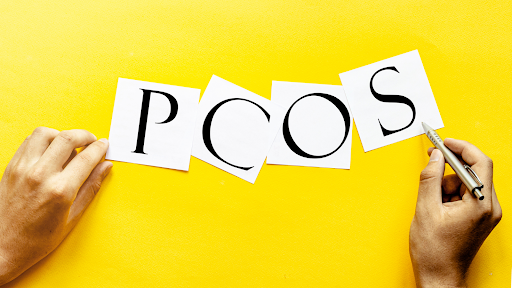By: Dr. Karthu Satheesh B.A.M.S
Polycystic ovarian syndrome (PCOS) is quite familiar with gynaecological disease among people in both developed and developing countries due to its prevalence. It is the most common lifestyle disorder that affects women during their reproductive age. It can be a leading cause of various metabolic diseases further.
PCOS is an endocrine disorder (disease due to hormonal imbalance) in which there is excessive production of androgen (androgens are usually thought of as male hormone, but the female body also produces a small amount of androgen naturally by the ovaries). It is the condition in which multiple cysts( fluid-filled sacs) are formed in the ovaries. That’s why it is called polycystic and it prevents the ovaries from their normal functioning. It leads to various clinical manifestations such as menstrual irregularities, obesity, infertility, etc.
Ayurvedic treatment for PCOS
In ayurvedic classics, most of the gynecological disorders have been described under the heading of yonivyapath that is, a disease affecting the genital organs of the female. Here, we can correlate PCOS with an ayurvedic term kashtarthava ( when the menstrual blood comes out of the body with difficulty that condition is known as kashtarthava as the name indicated).
It has been considered as a symptom of various gynecological diseases, not as a separate disease entity.
Aetiological factors
The menstrual cycle is a characteristic feature of a woman. It is a physiological process that occurs every month regularly during the reproductive phase of a woman’s life. Yet at certain times it gets disturbed due to certain factors. Its exact cause should be uncertain till now. But we can consider our sedentary lifestyle, unhealthy food habits, lack of physical exercise and meditation, stress, etc are the common causes of PCOS.
Pathophysiology
- The excessive increase of Vata dosha especially Apana Vayu( situated below the umbilicus) and Kapha dosha.
- These excessive doshas( functional units of the body) in turn cause depletion of rasa dhatu (blood devoid of erythropoietic elements) and rakta dhatu (erythropoietic elements). Rasa and raktadhatus are directly responsible for the production of menstrual blood.
- As a result, menstruation doesn’t happen at an improper time of appearance of menstruation or happens with less quantity, or with painful.
It manifests symptoms such as
- Menstrual irregularities like oligomenorrhea (less menstrual flow), amenorrhea (absence of menstruation), dysmenorrhea ( painful menstruation), dysfunctional uterine bleeding(abnormal uterine bleeding)
- Increasing obesity
- Abnormal hair growth in body and face( hirsutism)
- Thickened and greyish brown pigmented skin commonly seen around the neck, inner thigh region, groin area, and armpit (Acanthosis nigricans)
- Acne
If it is untreated, the possible late sequelae of PCOS can be
- Developing diabetes mellitus due to insulin resistance especially in obese women
- Risk of developing endometrial carcinoma( endometrium is the innermost lining of the uterus)
- The risk of hypertension (increased blood pressure), dyslipidemia( high level of cholesterol), and ultimately leads to cardiovascular disease which is the most common metabolic abnormality in women with PCOS.
- Obstructive sleep apnea (loss of sleep)
- Female infertility is the most common complication due to PCOS.
Management of this condition includes both Samana (pacifying treatment) and sadhana therapies (purificatory treatment). As per the physical and mental condition of the patient, stage of the disease, doshik assessment the physician should decide on internal medication for pacifying the doshik predominance and the disease symptomatically.











